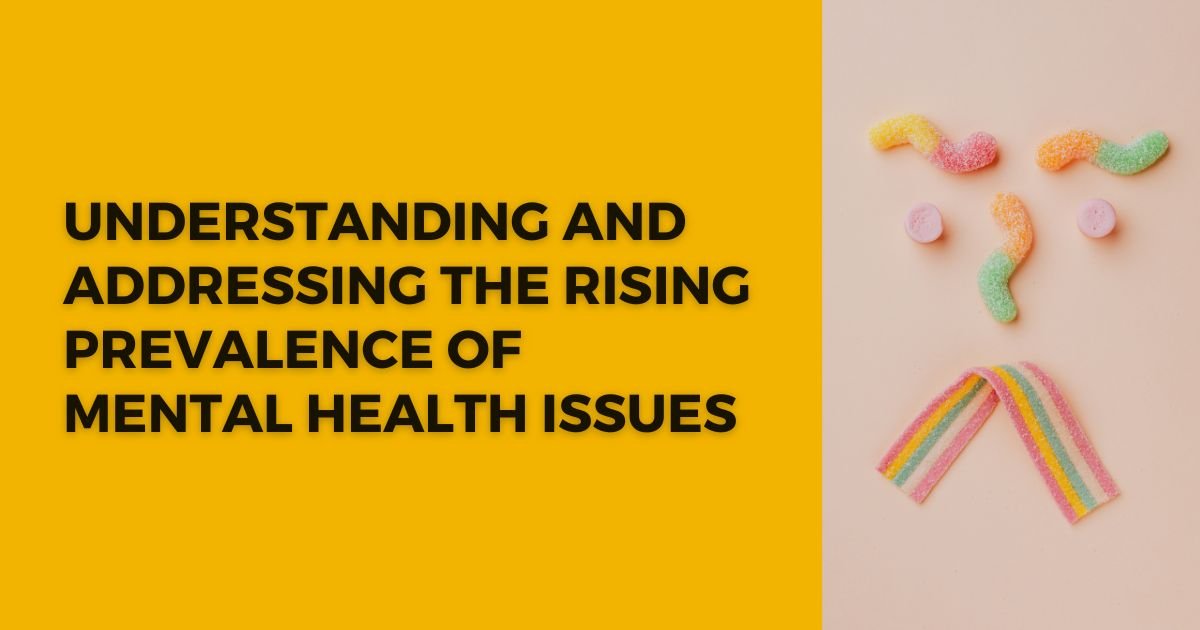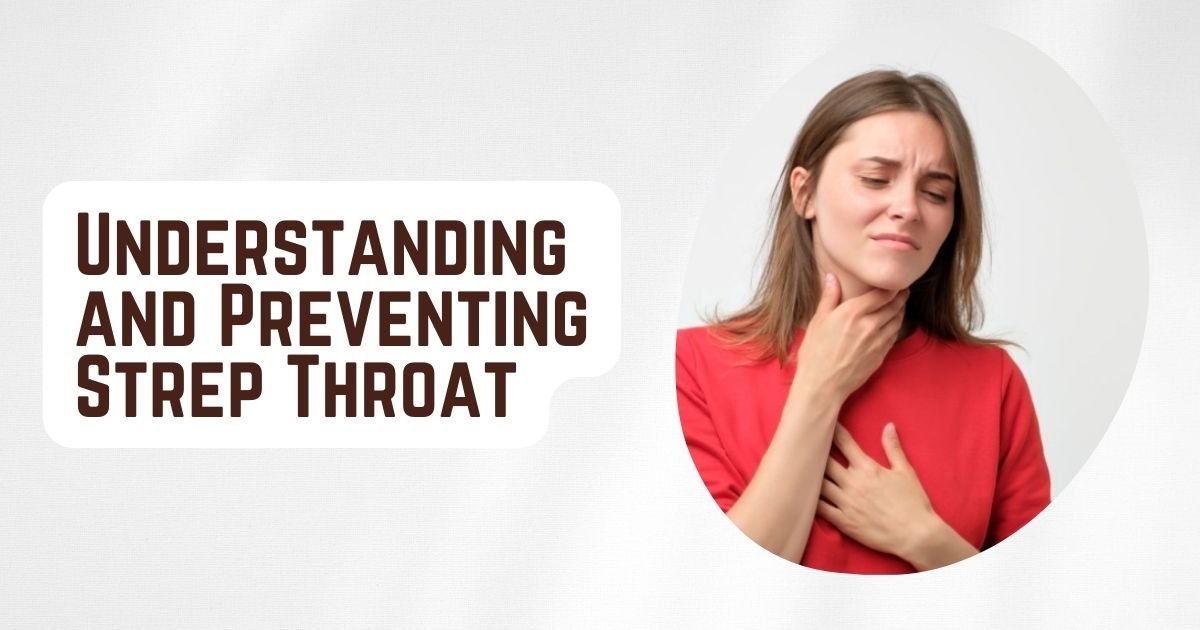Strep throat is a common ailment that affects many individuals, especially during colder months. While it can be uncomfortable and inconvenient, the good news is that with proper understanding and preventive measures, you can significantly reduce the chances of getting strep throat. In this comprehensive guide, we will delve into the details of this condition, its causes, symptoms, treatment options, and essential prevention tips.
Table of Contents
What is Strep Throat?
Strep throat, referred to as streptococcal pharyngitis, is a bacterial infection triggered by the Streptococcus pyogenes bacterium. It mainly targets the throat and tonsils, resulting in symptoms like a sore throat, challenges with swallowing, swollen lymph nodes, and a fever. Although it is frequently observed in children and teenagers, individuals of all ages can be affected by this condition.
How Do You Get Strep Throat?
Strep throat is incredibly contagious and can be transmitted through respiratory droplets when someone who is infected coughs, sneezes, or even when personal items like utensils or drinking glasses are shared. It’s important to be cautious around individuals who have strep throat, as close contact raises the risk of transmission. Additionally, it’s worth noting that touching surfaces contaminated with strep bacteria and then touching your mouth, nose, or eyes can also result in an infection. By being aware of these modes of transmission, you can take proactive steps to protect yourself and others.
Preventing Strep Throat
Maintaining good health and taking preventive measures are essential in steering clear of strep throat. By seamlessly integrating the following practices into your daily routine, you can greatly diminish the chances of contracting this infection:
Good Hand Hygiene
Keeping your hands clean and germ-free plays a vital role in preventing strep throat. Make it a habit to wash your hands thoroughly with soap and water for a minimum of 20 seconds. This simple yet effective practice helps eliminate the bacteria that can potentially lead to strep throat. In situations where soap and water are not readily accessible, opt for an alcohol-based hand sanitizer containing at least 60% alcohol. By prioritizing hand hygiene, you can take proactive steps towards protecting yourself and those around you from this infection.
Avoid Close Contact
Showing consideration and taking precautions can go a long way in reducing the risk of strep throat. It’s advisable to limit your contact with individuals who have strep throat or display symptoms like coughing and sneezing. By maintaining a safe distance from them, you can significantly decrease the chances of transmission. Your mindful approach towards personal space and well-being helps create a healthier environment for everyone involved.
Personal Hygiene
Promoting personal hygiene and preventing the spread of strep throat is as easy as avoiding the sharing of personal items. It’s best to refrain from lending or borrowing utensils, drinking glasses, and toothbrushes, especially when someone has strep throat. By keeping your personal items to yourself, you create a barrier that minimizes the chances of spreading the infection. Your mindful approach towards personal belongings contributes to a healthy and germ-free environment.
Cover Your Mouth and Nose
Practicing good respiratory etiquette is a simple yet impactful way to curb the spread of strep throat. Whenever you cough or sneeze, make it a habit to use a tissue or, if one is not readily available, your elbow to cover your mouth and nose. This considerate act helps contain respiratory droplets that may carry bacteria, preventing their dissemination to others. By embracing this courteous gesture, you play an active role in promoting a healthier and more hygienic environment for everyone around you.
Clean and Disinfect
Maintaining a clean and sanitized living space is essential for keeping strep throat at bay. Take the initiative to regularly clean and disinfect frequently-touched surfaces like doorknobs, light switches, and countertops. This practice becomes even more important in areas where someone with strep throat has been present. By giving these surfaces a thorough cleaning, you create a hygienic environment that minimizes the chances of bacterial transmission. Your dedication to cleanliness contributes to a healthier and more welcoming space for all.
Treatment Options
Taking prompt action when you suspect strep throat is crucial for your well-being. It’s important to seek medical attention for an accurate diagnosis and appropriate treatment. Healthcare professionals typically prescribe antibiotics to combat strep throat effectively. These medications work wonders by reducing symptoms, preventing complications, and minimizing the risk of spreading the infection to others. To ensure a complete recovery, it is essential to adhere to the full course of antibiotics as prescribed, even if you start feeling better before completing the medication. By following your healthcare provider’s guidance, you pave the way for a speedy recovery and prevent any potential setbacks. Your commitment to your health and proper treatment is a significant step towards a stronger and healthier you.
Conclusion
Empowering yourself with knowledge about the spread of strep throat is the first step towards safeguarding your health. By incorporating preventive measures into your daily routine, you significantly reduce the risk of contracting this bacterial infection. Practicing good hand hygiene, maintaining personal cleanliness, and steering clear of close contact with infected individuals are essential pillars in preventing the spread of strep throat. Additionally, following the guidance of healthcare professionals is invaluable in your quest for a healthy and strep-free life.
Always remember, early diagnosis and timely treatment play a pivotal role in a speedy recovery and minimizing the risk of complications. By staying informed and proactive, you take charge of your well-being and pave the way for a healthier future. So, arm yourself with knowledge, implement preventive measures, and embrace a lifestyle that prioritizes your health. Stay informed, stay healthy, and cherish the gift of well-being!
FAQs
-
Can strep throat be mistaken for a regular sore throat?
Yes, strep throat symptoms can resemble those of a regular sore throat caused by a viral infection. However, strep throat is typically accompanied by additional symptoms such as fever, swollen lymph nodes, and the absence of cough or nasal congestion. A throat swab test conducted by a healthcare professional can confirm the presence of strep bacteria.
-
Can strep throat lead to complications?
If left untreated, strep throat can lead to complications such as tonsillitis, sinus infections, ear infections, rheumatic fever, or kidney inflammation (post-streptococcal glomerulonephritis). Seeking timely medical attention and completing the prescribed antibiotics can help prevent such complications.
-
How long does it take to recover from strep throat?
With appropriate treatment, most individuals start feeling better within a few days of starting antibiotics. However, it is important to complete the full course of medication to ensure complete eradication of the bacteria and prevent recurrence.
Remember, maintaining good hand hygiene, avoiding close contact with infected individuals, and following the guidance of healthcare professionals are key in preventing the spread of strep throat. If you suspect you have strep throat, seeking timely medical attention and completing the prescribed antibiotics is crucial for a speedy recovery and to minimize the risk of complications.
To explore more informative articles on various health topics and stay updated with valuable insights, tips, and advice, click here. Together, we can empower ourselves with knowledge and make informed choices for a healthier and happier life.














Leave a Reply
View Comments